Dementia and Alzheimer’s
Dementia is a general term for loss of memory and other mental abilities severe enough to interfere with daily life. It is caused by physical changes in the brain. Alzheimer's is the most common type of dementia, but there are many kinds.
Dementia is a syndrome, or a group of symptoms that consistently occur together. It is not a specific disease. The term “dementia” is used to describe a set of symptoms that can include memory loss, difficulty thinking, problem solving, or issues with language. Dementia is caused by damage to the brain cells, and because Alzheimer’s is a disease that destroys the brain, it is one of the most common causes of dementia.
As many as 50 to 70 percent of all dementia cases are caused by Alzheimer’s. However, other conditions can also cause dementia, such as Parkinson’s Disease and Creutzfeldt-Jakob disease.
An estimated 5.7 million Americans of all ages are living with Alzheimer's dementia in 2018. This number includes an estimated 5.5 million people age 65 and older and approximately 200,000 individuals under age 65 who have younger-onset Alzheimer's.
Resources:
National Institute on Aging/ Alzheimer’s Disease and related dementia
